Body image is our own perception of how we physically feel about our appearance. Somedays, we may feel confident, while other days not so much. The idea of how we perceive our body is ever-changing and it is important to not let one negative day dictate who you are.
To look at teens’ main source of influence, social media could not be more culturally impactful than it is today. Increasingly growing its influence across the world, too much power could propose a reign of harm. Being a teenager on social media, the amount of videos I have come across promoting harmful “solutions” to fix one’s own relationship with their body is far too common.
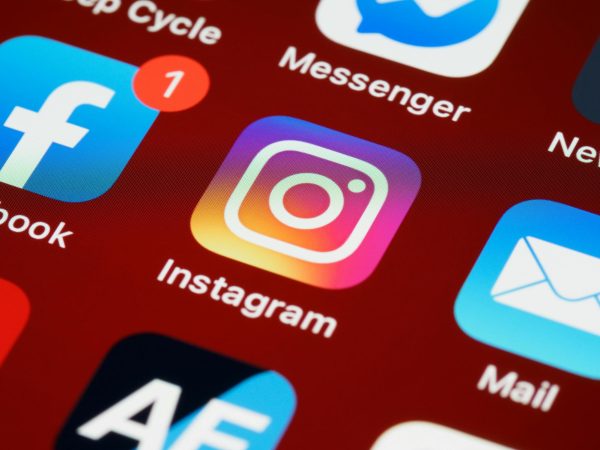
“What I Eat In A Day” videos are prime examples of disordered eating behaviors being uploaded onto the internet without any repercussions. A majority of these videos begin with a “body check” which gives the impression that the viewer can look just like them if they replicate their eating habits. In reality, everyone’s caloric needs differ from one another. There needs to be a heavier barrier for videos with false health information to be able to reach the public.
On Feb. 23, 2021, Instagram wrote an article titled “How we’re supporting people affected by eating disorders and body image.” Mentioning when someone tries to search for deleterious content on the platform, they will instead be redirected to helpful resources by having them show up first in the search results. Ever since then we have not heard much from Instagram on this topic, with them being one of the most famous social media platforms I believe they could do more. With new technologies such as algorithms, Instagram needs to update their content hazard system by having it filter out videos that could appear in someone’s feed unwarrantedly, rather than only in search results.
As easy as it would be to blame major social media corporations tirelessly, we do have to acknowledge the level of control over what we decide to interact with on social media platforms. The harsh reality of social media is that truly anyone could make a profile and speak their mind, even if it is unfactual. We hold the responsibility of making sure whose advice we are following on social media is from a registered source that has proper certification.
Jamie Magdic (@jamierd_) is a registered dietitian, specializing in disordered eating and eating disorders. In an interview about the rising rates of disordered eating in teens, she says “I would give teens the advice to question what they see, hear, and feel when it comes to their relationship with their body. Our culture loves to sell based on your shame to sell the latest diet, supplement, and product.”
Social media based sponsorships are when a creator is paid by commission to talk positively on a product, with the hopes of a consumer seeing the video and purchasing. A strategy influencers use to sell a product consists of utilizing humiliation of one’s body, promising the product as the solution. “We need to question these messages that promote distrust with our bodies and lean into asking [ourselves] what feels respectful, compassionate, and kind when it comes to how I treat my body with food and words,” Jamie Magdic adds.
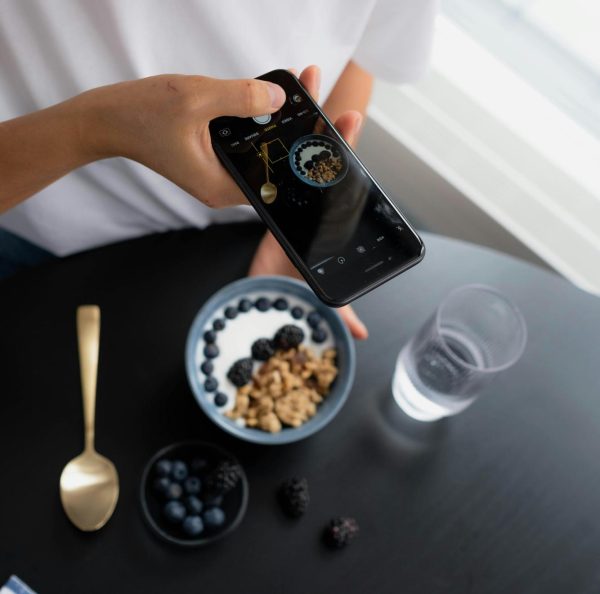
While it is important to acknowledge that social media poses a risk to the relationship with our bodies, it could also bring positive outlets to your feed. To predict our algorithms completely is almost impossible, but interacting with content that promotes body neutrality and goes against harmful body ideals could adjust your social media algorithm to a much more body positive atmosphere helping to build a kinder perception with your body.
While everyone has their own individual relationship with their body, withholding the ability to identify signs of a negative body image and disordered eating behaviors is crucial when it comes not just ourselves, but those who we love.
According to Forbes, signs of a poor relationship with food and body include: constant self comparison, obsessive guilt after eating, purposely ignoring hunger cues, avoidance of taking part in photos, social isolation, and exercising to “earn” food.
Now that you know some of the warning signs, resource outlets are NEDA (National Eating Disorders Alliance) and National Alliance for Eating Disorders. Both of these websites provide helpful learning opportunities, and assistance to locate help for yourself or a loved one.
To close with some words of affirmation: No one’s body is better than the other, you should not be criticized for the size of your body but rather your character. My wish is for what I have learned from my body image journey could help prevent someone else’s tragedy. If you or someone you know is struggling, please do not be afraid of reaching out to a professional. Help is out there and you do not need to struggle alone.

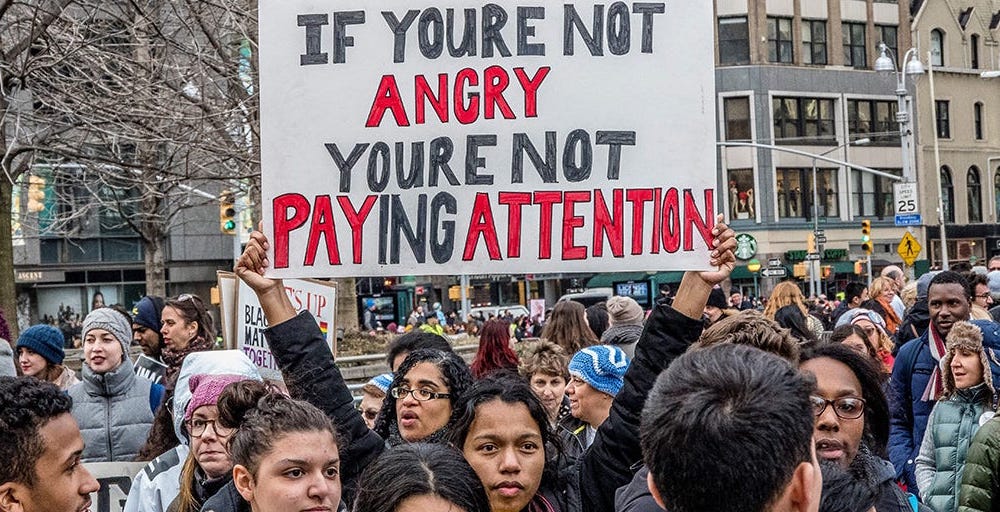








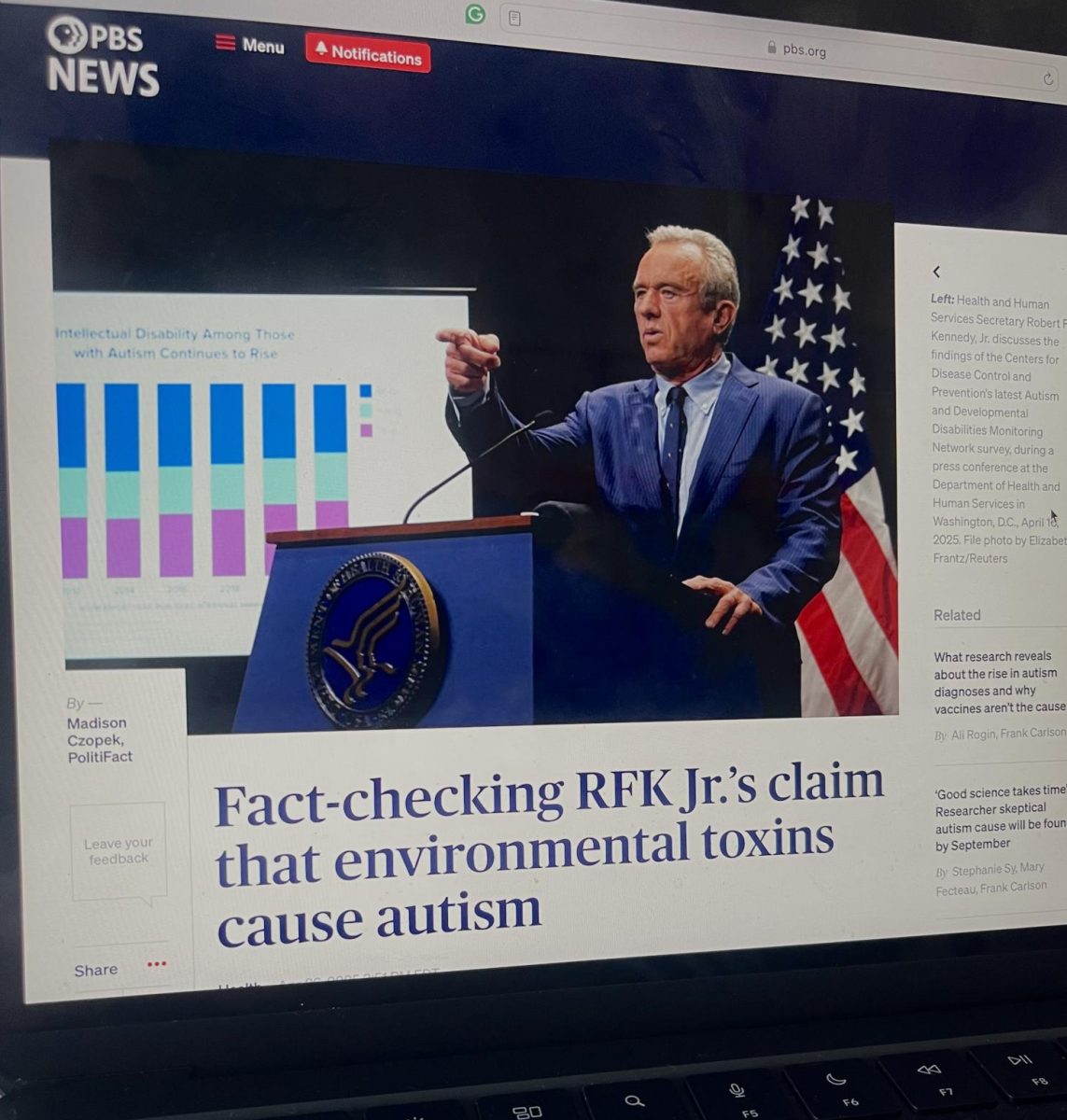

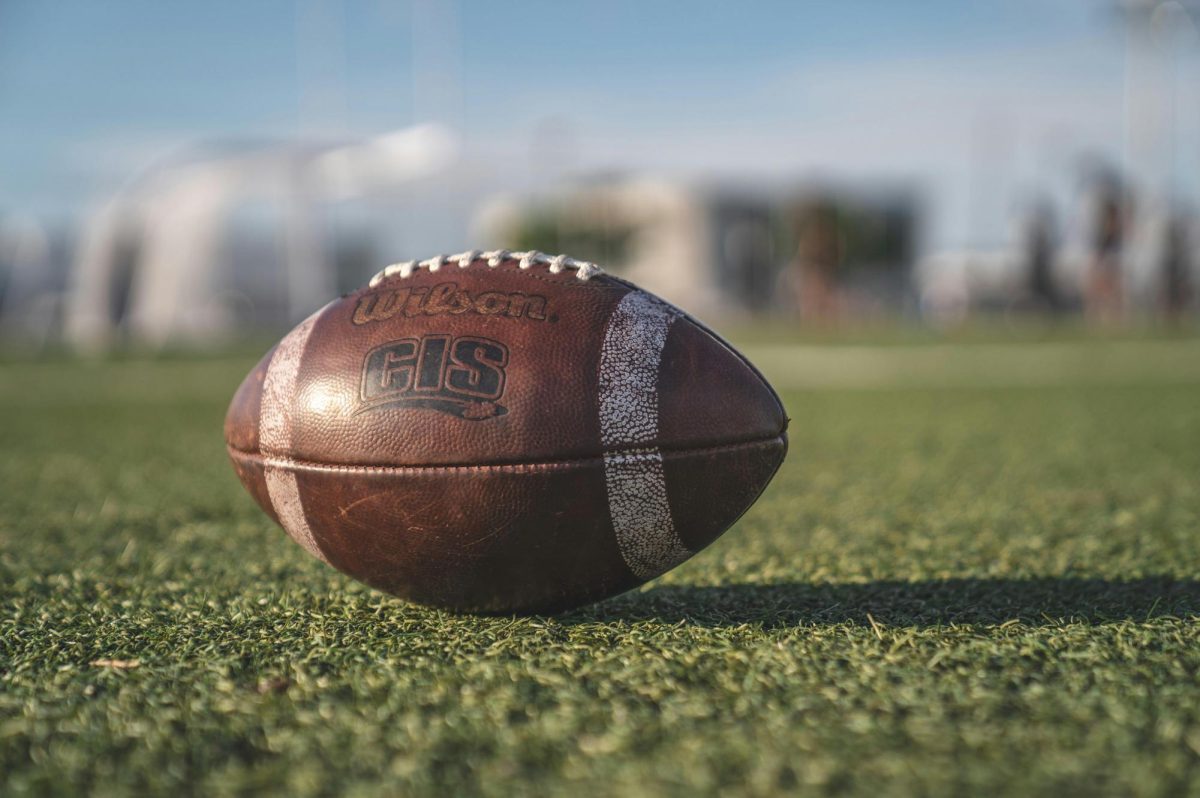


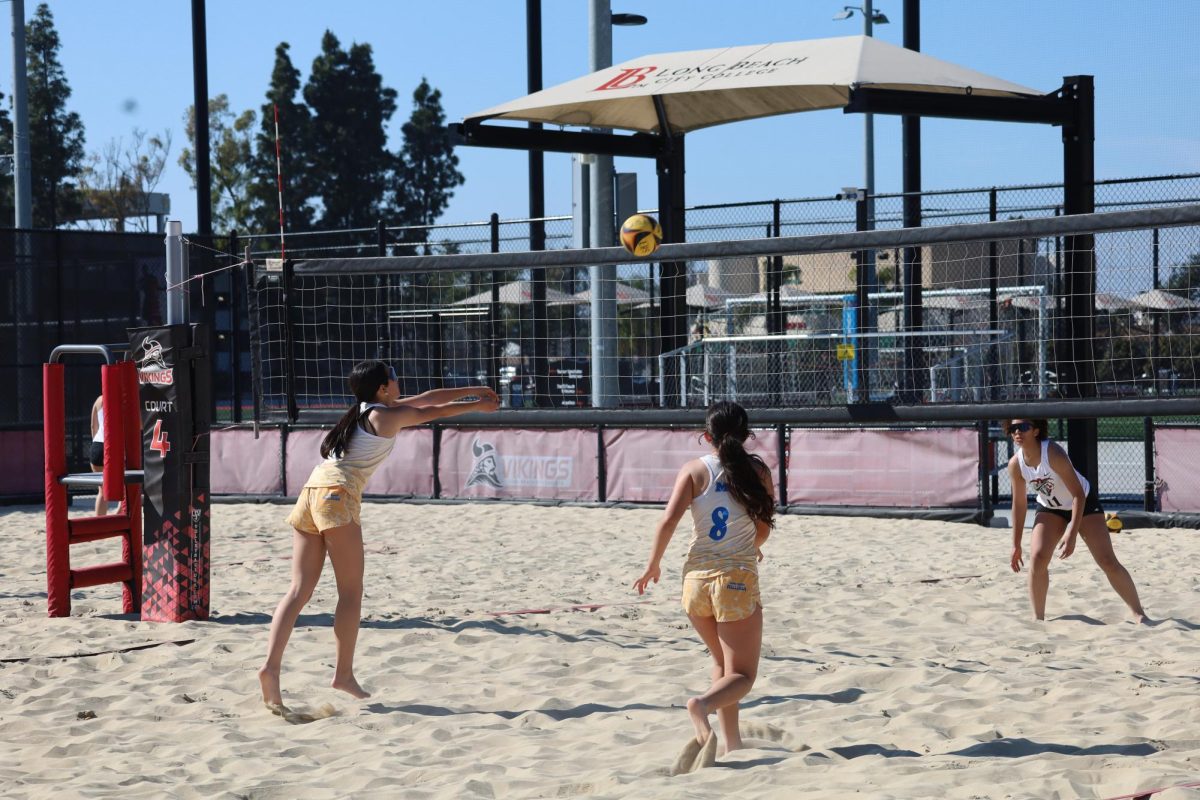
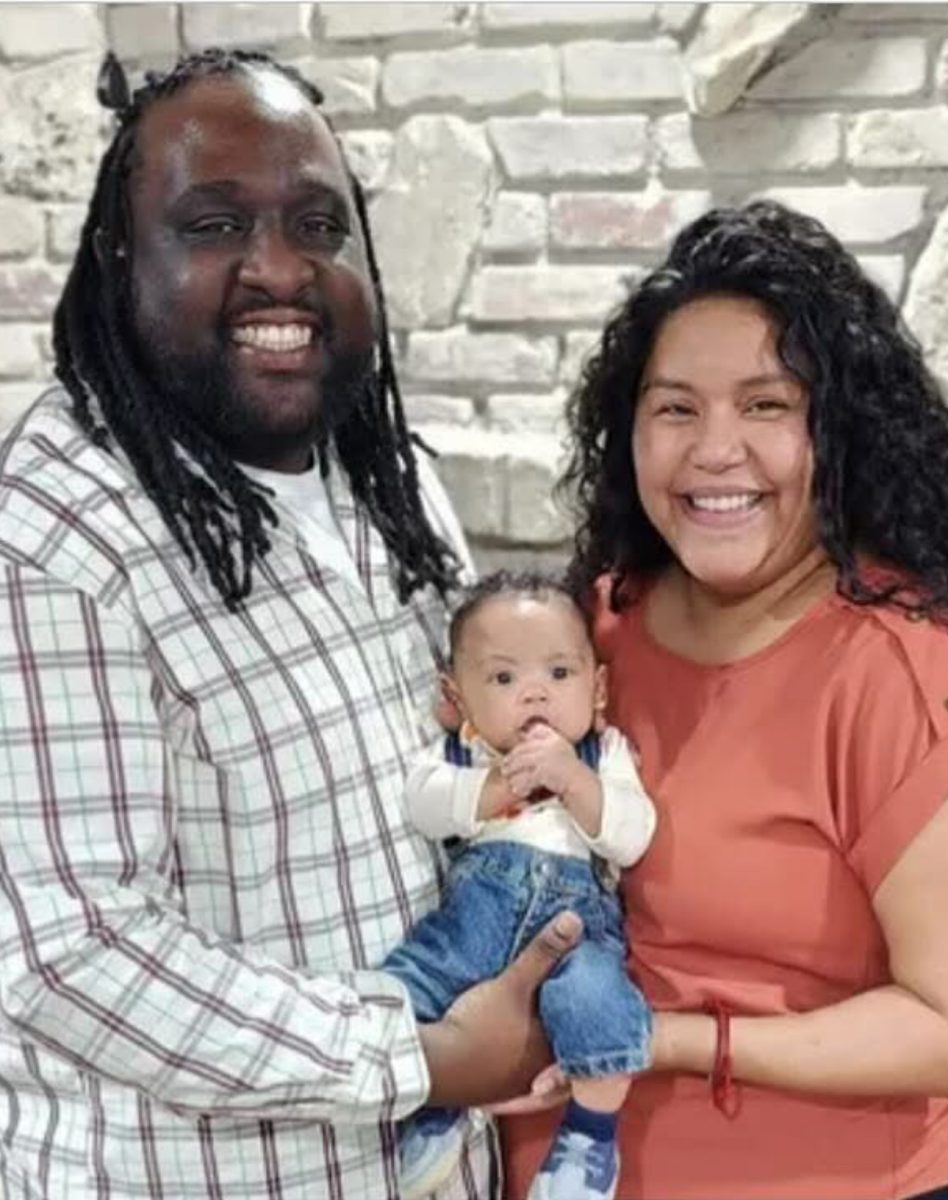



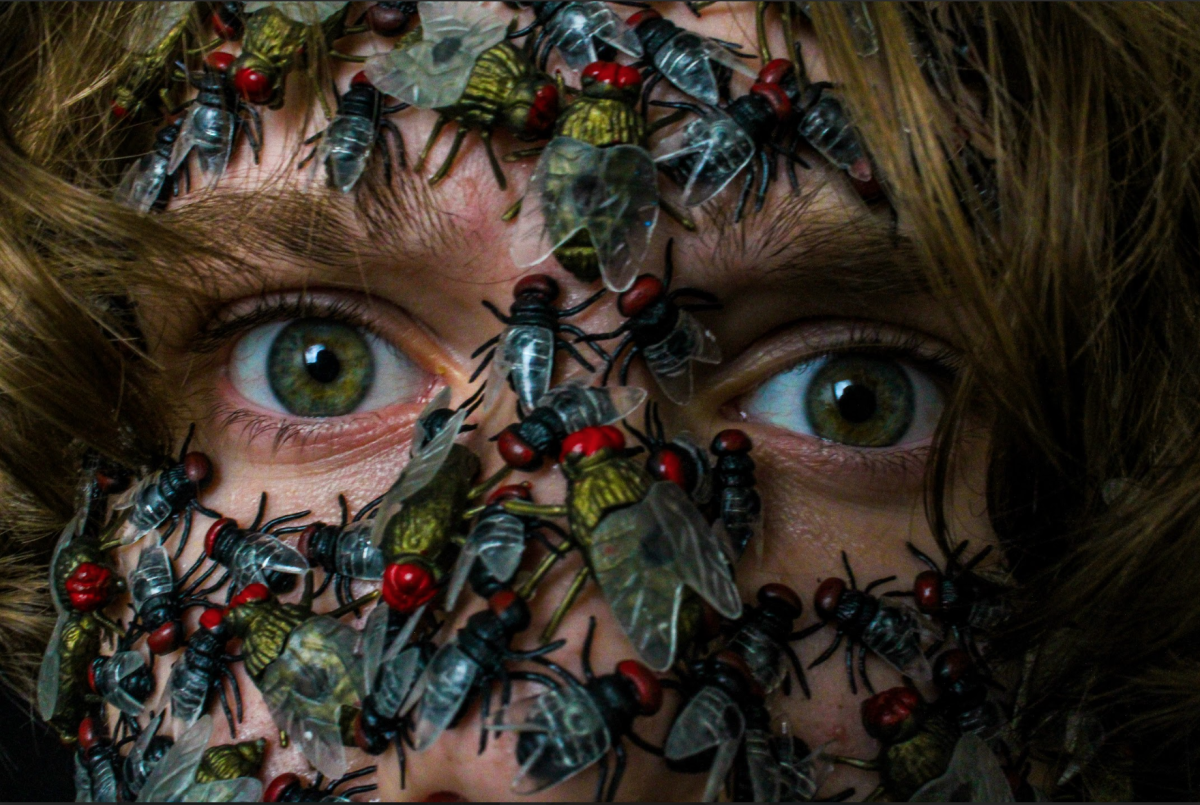


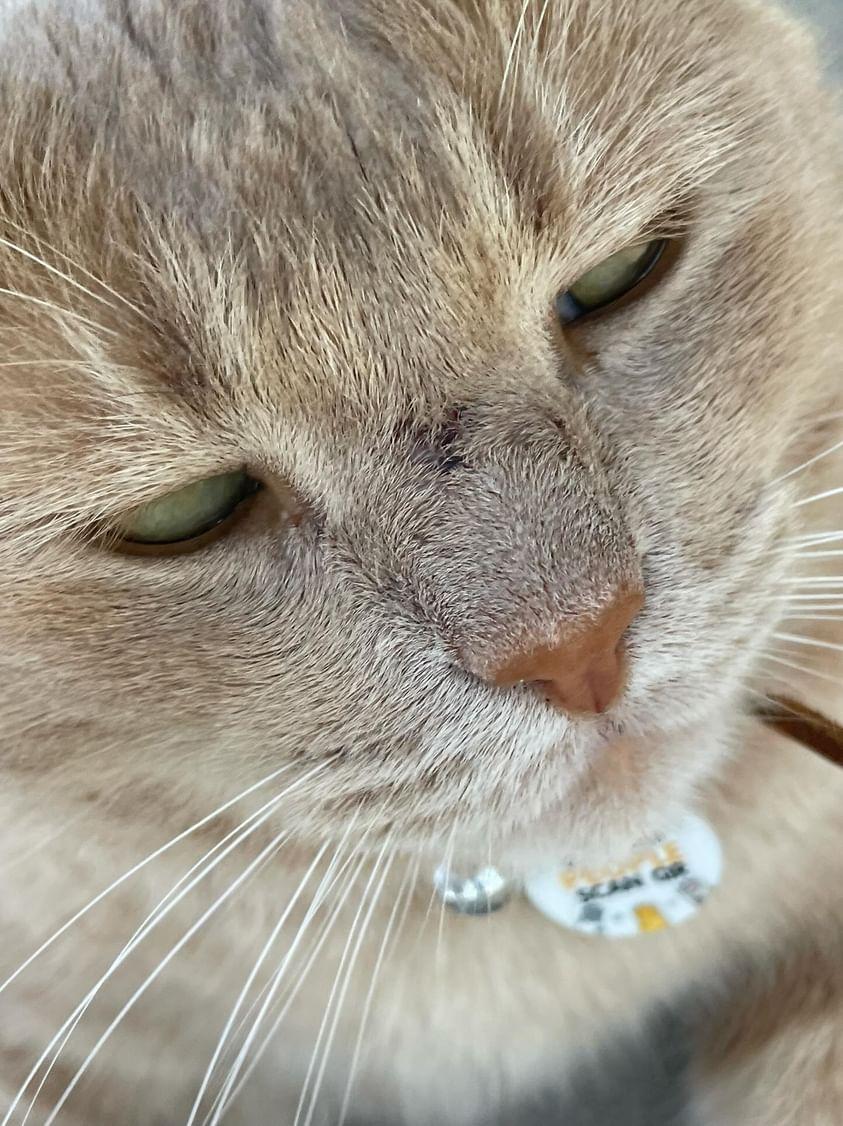

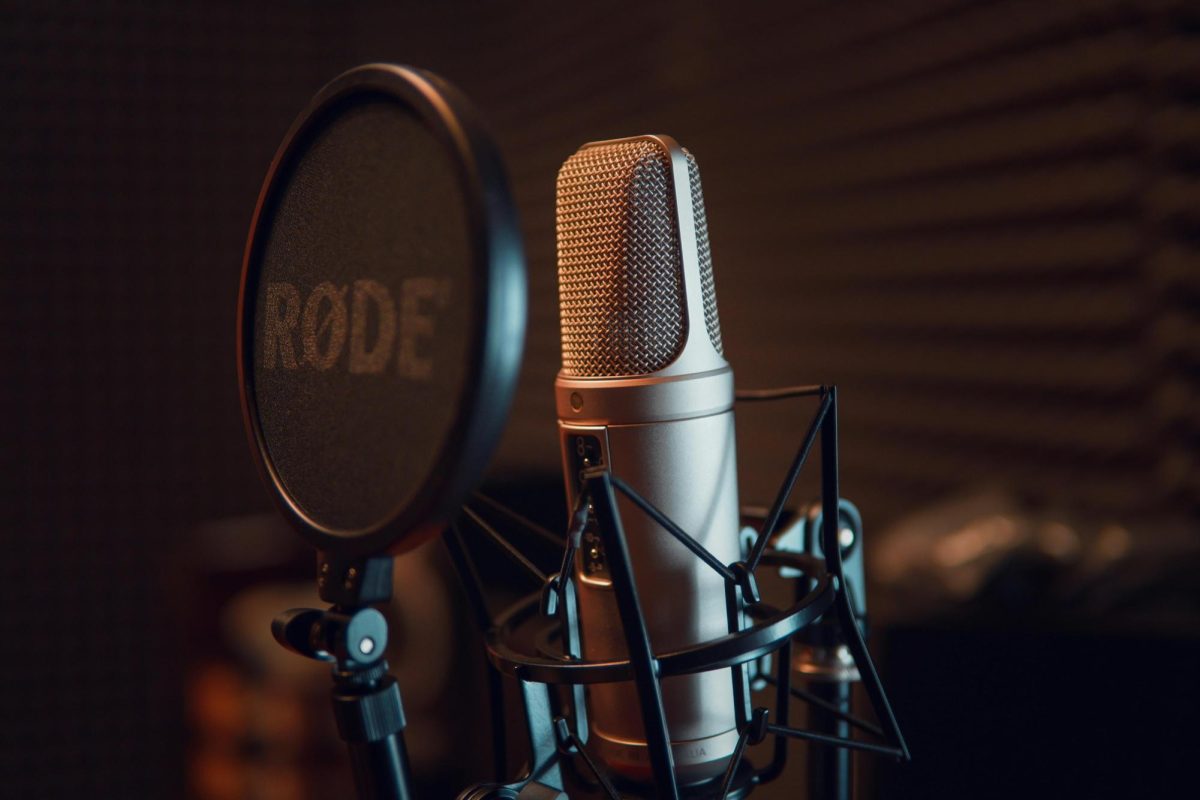
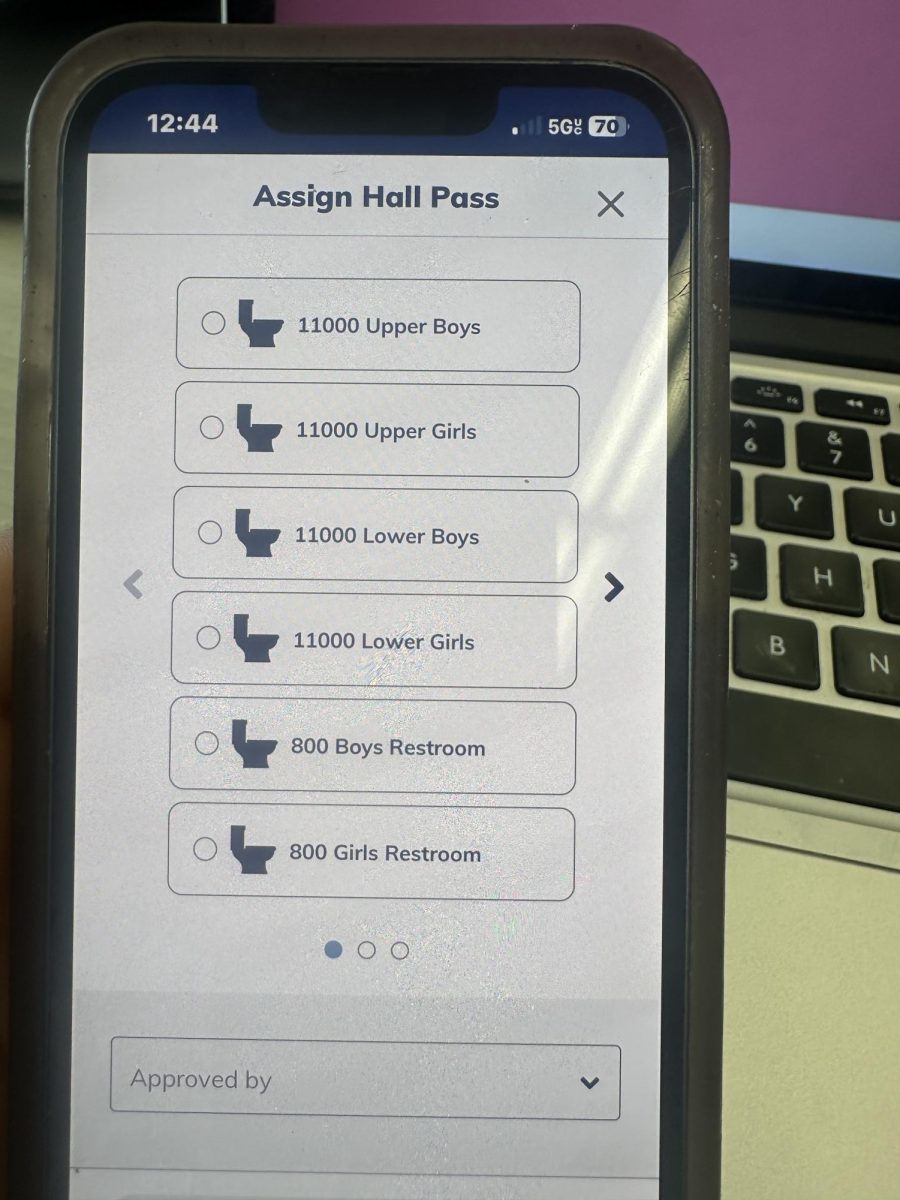



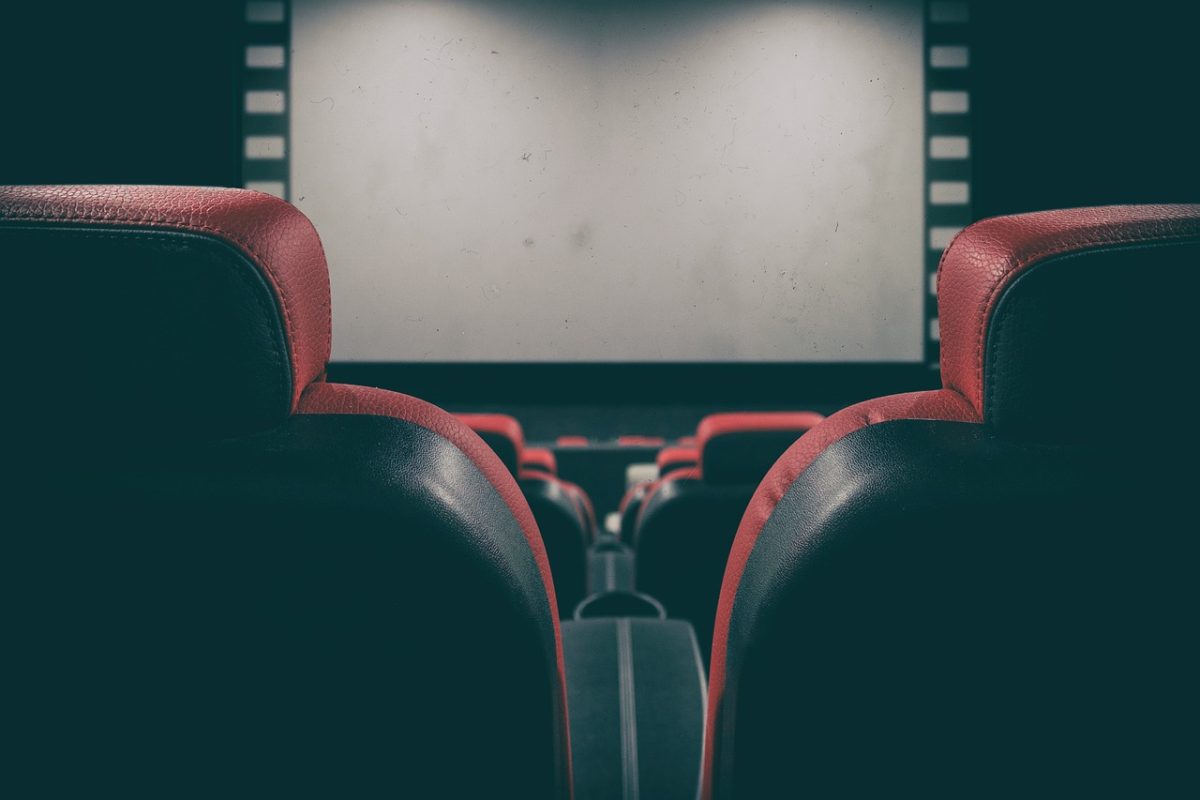
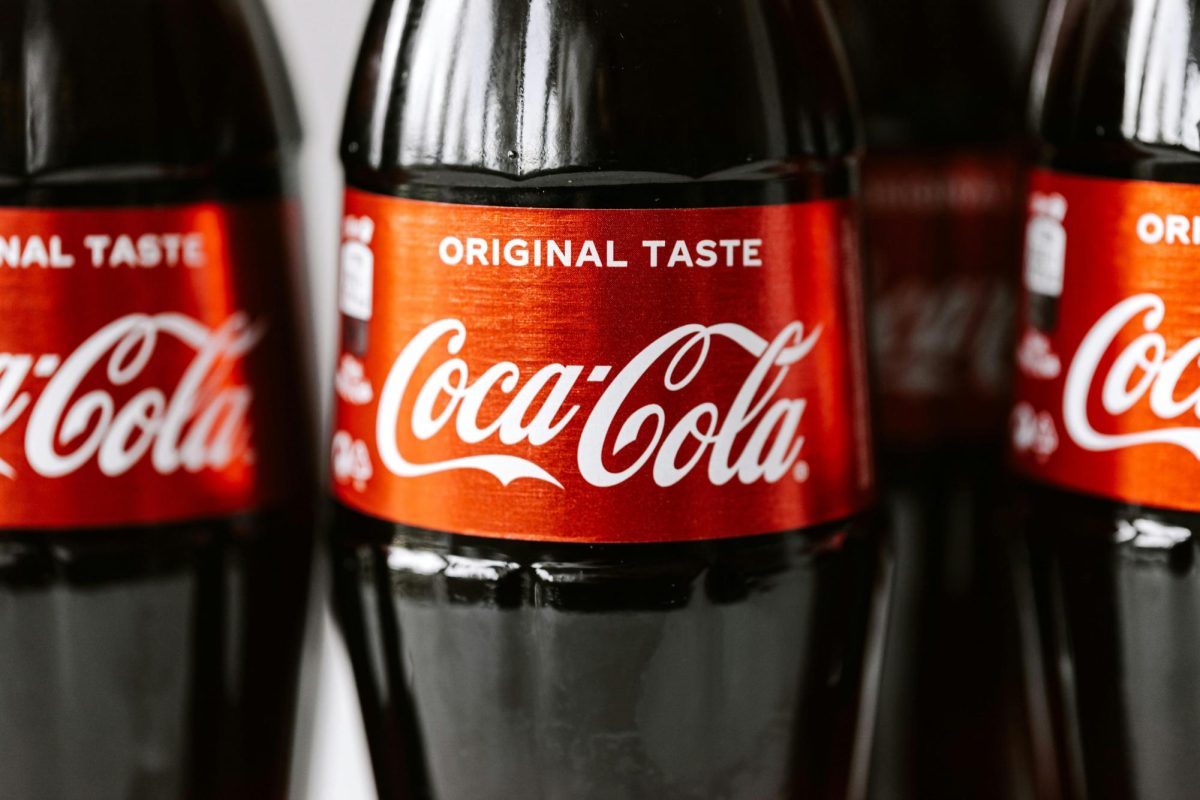

Luke Gossage • May 23, 2024 at 9:18 am
Dear Ian Henriquez
According to your article named “Battling Body Image” teenagers are struggling to keep up with their social expectations of how they should look. One of the primary reasons for this would be the influence of digital media like instagram and cellphone apps. You provided good information about the risks of using them and you helped provide a good perspective from the people who would fear the way they look. If I were to add something I would include a more personal side of the story to show your personal relevance to the topic. In my life I had struggled with the way I look and the story related to me in many ways. It is easier for me to understand it when I can relate to it. The article was very helpful and informative and provided alot of light to the bold subject that nobody talks about.
Phoebe Mims • May 22, 2024 at 10:55 am
This article gives insight on signs of having a negative body image and relationship with food, on social media’s role in influence of this, and some affirmations and tips regarding the topic. He provides words from credible dieticians, such as Jamie Magdic, to show that experts acknowledge the roles of social media in one’s relationship with themselves and food, as well as how we can fix it.
Henriquez’s article is very well written, with many different perspectives on a connecting topic to give the reader a complete and concise understanding. This topic, I believe, is extremely relevant and would therefore speak to the target audience: students at Millikan. It provides well thought-out information on signs (from Forbes) of having poor relationships with food and your body, on helpful resources that the reader’s could use, and closes the writing with words of kindness to encourage or give guidance to the reader. Overall, this is a very well-written piece that shows knowledge on the topic of body positivity.
Camila Cortez • May 22, 2024 at 9:18 am
On May 7, 2024, Ian Henriquez wrote an article titled “Battling Body Image”. This article captures the daily struggle Heriquez´s audience face. Whether they can relate to it or not, this article provides helpful resources and advice to help the people who are battling body image. The article mentions the ideal influencers set for everybody. The idea of What I Eat in a Day or Body Checks impact many teenagers. The addition of Websites of how to help people dealing with body image are very helpful. The use of statistics and data is very helpful to see how many people do deal with this battle. Henriquez also provides impactful and heartfelt advice throughout the article. This helps many people understand that the battle they are facing will eventually end. This is a very helpful and informative article. Henriquez did an amazing job at capturing the struggle many teenagers face battling body image.
melia kukahiko • May 21, 2024 at 11:34 am
I admire the fact that an article like this was posted on Corydon because this information is reaching Henriquez’s intended audience, in this case high school students. The article focuses on the false information that social media is feeding its consumers and this includes the image of one’s body. As sad as it is, not everyone knows how negative of an influence some of these social media platforms actually are. The article does a good job of spotlighting the issue and how it is hidden and actually greater of an issue than we think. Simple videos we come across everyday include a “body check” in the sense that in some cases make the viewers question if their own bodies are enough. Teens these days believe most of the information that is provided and apply it to their daily lives. Social media platforms are advised to create videos including “a day in my life” or the worst “what I eat in a day” and it is genuinely upsetting that people search up these things to adhere to their own lifestyle. In this day and age, a good amount of teenagers have bad relationships with their body image because of the bodies that are posted all over social media. As a result, eating disorders have developed and have skyrocketed in our generation mostly because of social media. At the end of the day, these influencers live more of a glamorous life than everyone else to be able to pay for classes and take the time to look out for their specific diets. This article also has a positive side to informing us about this issue and the words of affirmation end the article on a more encouraging note. We need to remember our own individual bodies are beautiful and our own temple we need to take care of. Thank you for this article!!
Sincerely,
Melia Kukahiko
Aila Kubota • May 21, 2024 at 11:33 am
This article captures the idea of the harsh standards and reality teenagers in this day and age endure due to the overpowering of social media. I appreciate that this article shines through the rest to allow many students who are struggling with their body image to feel comfortable and even seen. This article also expresses the great negative effects influencers on social media have on many growing teenagers. Due to this, many young teens undergo low self-esteem, shame, and hatred at such a young age which will carry on with them for years to come as they continue to grow up. Through the educational meaning this article portrays, Henriquez focuses on the concept that the body image issues arising are heavily influenced by the harmful posts, actions, and behaviors made of social media. Henriquez also includes heartfelt advice throughout the beginning and end of the article to allow the reader to take in and remember that one negative day is not enough to dictate the rest of your life. Henriquez’s conclusion includes helpful resources many students and readers can look into to further prevent the negative impact of social media and to recognize the warning signs within loved ones. In addition, Henriquez concluded this article with impactful words of affirmation to the reader that allow the feeling of relief, and closure, and that their body appearance does not matter, but only the love you hold for yourself from within is the only thing that matters.
Fiona Rowe • May 20, 2024 at 5:48 pm
May 20, 2024
Dear Corydon Editor,
On May 7, 2024 Ian Hen wrote the article titled “Battling Body Image.” The article talks about how body image and social media can affect one’s self confidence. Hen gives insight into what kind of social media videos influence peoples’ image. Videos titled “body check” influence people into thinking that copying the influencer’s eating habits will make them look the same. This, however, is greatly untrue. Everyone has different caloric intakes that are best for them. Therefore, everyone has different bodies with different needs. Instagram has barely tried to prevent the spread of false information. Rather than taking videos off the platform with false information, they’ve only changed the search engine. This shows Instagram addresses the problem without a solution. Finally, social media influencers will often spread false information in order to get money from sponsors. They won’t care about what the message is, only the money that comes with it.
I very much relate to this article. I have instagram myself and I find it both supportive of different body types and, also, hateful against any body that is not in a slim margin. Instagram has greatly become a platform where women, in particular, try to prove to themselves and others that they are pretty by being very skinny. As Ian said, this is unrealistic and unnatural for all bodies. I do think Han could add to the article by running a poll, and showing the results, asking the question, has social media affected your body image? Any statistics could help the reader plainly see the effects of social media on peoples’ self confidence. Overall, I love this article because it talks about realistic body image principles which is a breath of fresh air compared to the internet.
Sincerely,
Fiona Rowe
morgan n • May 20, 2024 at 11:17 am
Ian Henriquez does a really good job at capturing the importance of how we view ourselves and our mindset around the topic of body image. Being someone who is winning over those thoughts now, but struggled with it in the past, I understand how outside influences can impact your mindset a lot. Henriquez highlights social media usage and its effects on viewers. “…we do have to acknowledge the level of control over what we decide to interact with on social media platforms. The harsh reality of social media is that truly anyone could make a profile and speak their mind, even if it is unfactual.” I’ve noticed that its really easy to see content and mindlessly consume it, without taking into consideration how true it might be. Henriquez brings to attention that we need to be more mindful of what content we are consuming and interacting with. He ends the article with affirmations of a positive mindset and brings awareness to reaching out for help for not only ourselves, but also for others.
Tien Woodward • May 20, 2024 at 10:12 am
On May 7, 2024, Ian Henriquez wrote an article titled “ Battling Body Image,” highlighting the constantly changing perception of our appearances and their causes. Henriquez focuses their article mainly on social media and its correlation to body image issues. The author of the article states that videos such as “ What I Eat In A Day” promote unhealthy and unrealistic diets. I can directly relate to this article because often I would look to these videos for weight loss tips. These videos would consist of a thin person insisting that eating nothing but fruit for a day would contribute to healthy weight loss. Henriquez explains this when they talk about how these videos give the viewer the impression that their body will look the same if they can just replicate these unrealistic eating standards. Media such as this can be extremely harmful especially for younger teens unaware of dangers related to restricting food intake. Overall, Henriquez does a fantastic job of educating their audience of these dangers and explaining the causes of body image issues. In the end, everyone’s bodies are different and body health will always hold importance over its appearance.
Harriet Jung • May 20, 2024 at 9:46 am
On May 7, 2024, Ian Henriquez wrote an article titled “Battling Body Image”. I think it is really great that someone is addressing this issue because many teens struggle with it. Although most people don’t have eating disorders, I think almost all of us have had days where we are just unhappy with our bodies. It is really important that we are educated about these harmful behaviors because education can prevent us from struggling with them or help us recover from them. The editor did a really good job covering what the issue was, what it was caused by, and how we and social media platforms can do better.
I think it would be helpful if the editor mentioned some of the harmful effects of negative body image in the introduction of the article because it would introduce the topic better and help everybody stay on the same page.
What do organizations like NEDA and National Alliance for Eating Disorders do?
“Battling Body Image” is a great article which addressed the issue very well and provided a number of helpful solutions that we can do as well as some things that social media platforms can do.
My favorite part was the affirmations at the end of the article. It really closed off the article very nicely as well as leaving the audience feeling inspired to start or keep being healthy and think healthy thoughts about their bodies.
Izabella Gonzalez • May 20, 2024 at 9:37 am
It was a well written article in which he brought to light the struggle many are dealing with. It was interesting to see him bring up topics and ideas that many highschoolers are silently dealing with and his work can give them a comforting feeling to know they aren’t alone.
I enjoyed hearing your ideas of how many large social media chains can make the effort to change and try to help those suffering with their body images and diets. It was interesting to hear how they’ve made the effort to help but in the end are no longer trying to be as effective in promoting healthy habits.
It was also facinating to read points from dieticiones and alliences who are viewing this growing problem and have spoken out on what it is and how to help. It was helpful to see many of your ideas and resources to how to cope with these problems as it isn’t always easy to find and look for help but your writing made it a easier for those whoread to start branching out and trying to find help.
I also love how you highlighted that disordered eating and eating disorder are different but harmful in their own ways. Over all I enjoyed reading your article and ideas on this topic.